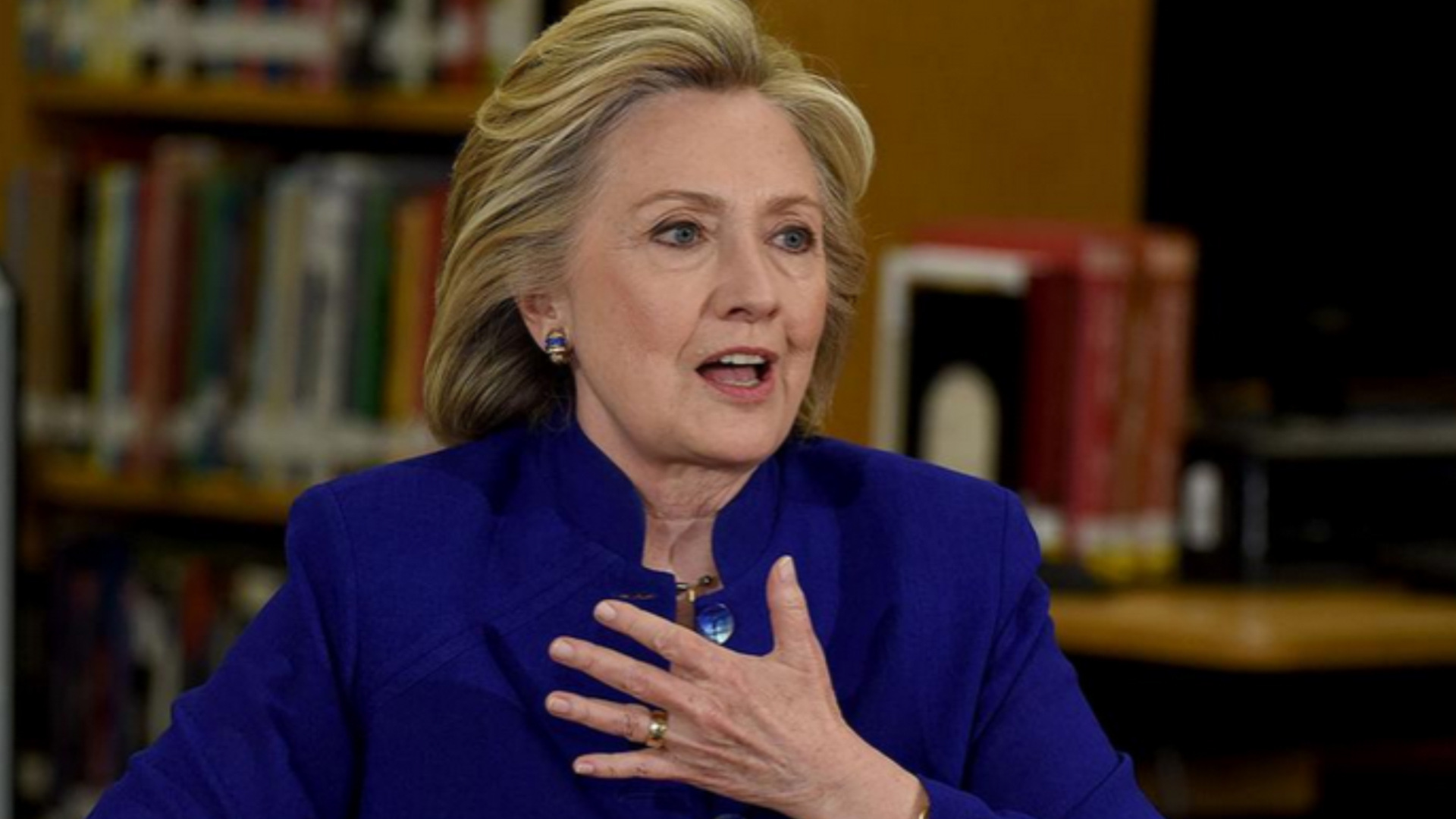Hillary Clinton came out hard this week, differing from the Obama administration on some points, regarding her stance on immigration reform. Clinton endorsed a “pathway to citizenship,” which many refer to as “amnesty,” for people in the country illegally. She also announced actions she’d take regarding the families of children born in this country to parents who are not legal citizens, the so-called “DREAMers.”
Report from the Washington Post:
To be clear, Clinton deserves credit for staking out a strong stand on immigration: She said nothing less than fair and equal citizenship for the undocumented would do. [Emphasis added] She flatly declared that Republicans advocating for legal status are in effect advocating for “second class” status. And she stood solidly behind the executive actions Obama has moved forward with: DACA, which temporarily shields from deportation people brought here illegally as children; and the much bigger and more recent DAPA, which shields parents of children who are U.S. citizens and legal residents.
But she did not propose to expand those executive actions — to the parents of DREAMers or anyone else — and this distinction matters a good deal in policy terms. Here’s what she said:
“If Congress refuses to act, as President I will do everything possible under the law to go even further. There are more people — like many parents of DREAMers and others with deep ties and contributions to our communities—who deserve a chance to stay. I’ll fight for them too.
“The law currently allows for sympathetic cases to be reviewed, but right now most of these cases have no way to get a real hearing. Therefore we should put in place a simple, straightforward, and accessible way for parents of DREAMers and others with a history of service and contribution to their communities to make their case and be eligible for the same deferred action as their children.”
That sounds like a call for expanding DAPA to cover the parents of DREAMers, but it actually isn’t quite that. The distinction turns on the meaning of “deferred action” status. That status has been around for decades, and is awarded on a case-by-case basis to some who apply for it. It includes work permits. But this status exists independently of DACA and DAPA, which are essentially something approaching categorical grants of that status to particular classes of people. (They are not quite categorical grants, but that’s too deep in the weeds for our purposes.) In other words, plenty of people who are not covered by DACA and DAPA can still apply for deferred action status, be considered for it, and receive it.
…
This distinction matters, because under this framework, it would be less clear that applicants might end up getting approved. It would also potentially be less politically explosive than expanding DAPA, since it is the quasi-categorical nature of DAPA that has attracted much criticism from Republicans who say Obama’s actions are lawless.
“This could be less politically controversial,” Leopold says. “It could avoid taking this into the uncomfortable political territory of expanding DAPA.”
Her stance is not that dissimilar from that of Jeb Bush, who also favors a softened approach and a pathway to citizenship. However, I have a feeling the reason she is coming out with this view now is to affect the Republican primary more than anything else. If the Democrats are pushing for nothing short of amnesty for illegal immigrants, Republicans will, I think, be more fervent in supporting a candidate who opposes this platform.
Donate Now to Support Election Central
- Help defend independent journalism
- Directly support this website and our efforts
